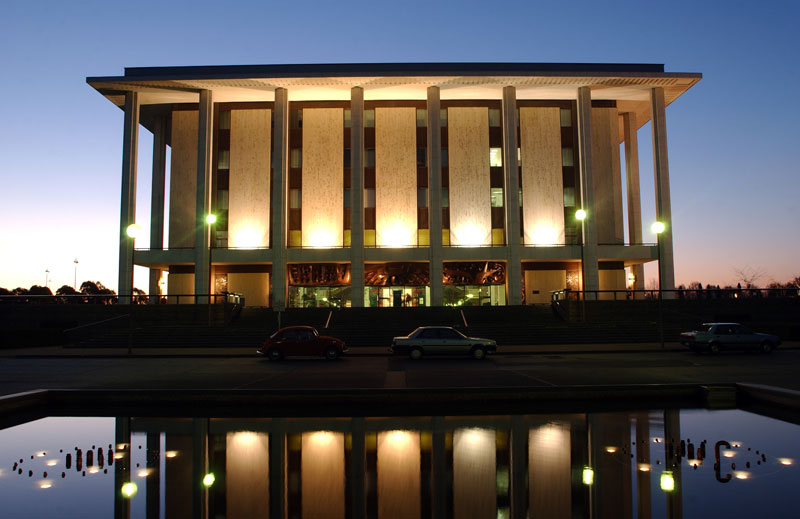 |
| Image © National Library of Australia |
The blurb from my presentation reads:
Dr Michael de Percy is Senior Lecturer in Political Science in the Canberra School of Politics, Economics, and Society at the University of Canberra . He will be demonstrating a form of process tracing of historical events over time using a model he has developed, incorporating historical material from Trove and other records provided by the NLA.
My PowerPoint slides are available below. There are some links in the slides that may be useful.
Well, that's a wrap for my speaking engagements in 2020. Merry Christmas!
 Donate
Donate



















 The Political Flâneur: A Different Point of View
The Political Flâneur: A Different Point of View